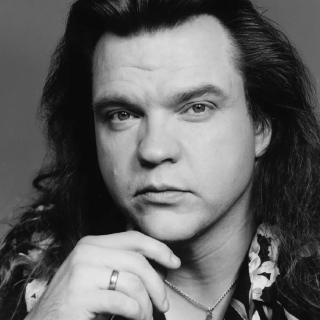Upcoming concerts in Montréal 2024
Find concerts, live music, festivals and tour dates near Montréal: buy tickets for 2024/2025 shows.
Just click on the bed icon (before the venue name) to book an accomodation close to the venue.
Most famous venues for live shows in Montréal
- Centre Bell
- MTELUS
- Theatre Maisonneuve At Place des Arts
- Parc Jean-Drapeau
- L'Olympia
- Parc Jean Drapeau
- Théâtre Beanfield
- Parc Olympique
About Montréal
MUSIC
Montreal, a vibrant city in Quebec, Canada, is renowned for its rich and diverse music scene. The city has a long-standing tradition of producing talented musicians and fostering a thriving music culture that spans various genres. Montreal has gained international recognition for its contributions to indie and alternative rock. The city has been a breeding ground for bands such as Arcade Fire, Wolf Parade, and The Dears, who have achieved critical acclaim and success both in Canada and abroad. The indie music scene thrives in venues like La Sala Rossa and Casa del Popolo, where emerging artists can showcase their talents.
Montreal is also known for its dynamic jazz scene. The city hosts the Montreal International Jazz Festival, one of the largest jazz festivals in the world, attracting renowned jazz musicians and enthusiasts from around the globe. Additionally, Montreal's clubs and bars offer live jazz performances throughout the year, contributing to the city's reputation as a jazz hub.
CULTURE
Montreal is a city deeply rooted in its cultural heritage, blending French and English influences with a diverse immigrant population. The city's culture is celebrated through its festivals, arts, and culinary experiences. The arts scene in Montreal is thriving, with numerous museums, galleries, and theaters to explore. The Montreal Museum of Fine Arts showcases a wide range of artistic styles and periods, while the Musée d'Art Contemporain de Montréal focuses on contemporary art. Theater lovers can enjoy performances at renowned venues like the Place des Arts and the Segal Centre for Performing Arts.
Montreal's culinary scene is a reflection of its diverse population and cultural influences. The city is famous for its poutine, a dish of French fries topped with cheese curds and gravy, which has become an iconic Canadian comfort food. The Mile End neighborhood is known for its vibrant food scene, featuring eclectic eateries and trendy cafes. Montreal also hosts numerous food festivals, such as the Montreal en Lumière festival, where visitors can indulge in a variety of culinary delights.
HISTORY
Montreal's history dates back to the 16th century when French explorers arrived in the area. The city has since witnessed the arrival of various waves of immigrants, contributing to its multicultural fabric. The architecture of Old Montreal reflects its French colonial roots, with cobblestone streets and charming buildings that transport visitors back in time. The city played a crucial role in Canadian history, serving as a center of trade and commerce. Montreal's industrial past is evident in the historic factories and warehouses that have been repurposed into cultural spaces, such as the Phi Centre and the Arsenal Contemporary Art.
Montreal is also recognized as a center of political and cultural activism. The city has been the site of significant social movements and protests, including the Quiet Revolution in the 1960s, which brought about significant changes in Quebec's society and politics.
In conclusion, Montreal's music scene thrives with a diverse range of genres, from indie and alternative rock to jazz and electronic music. The city's cultural landscape embraces the arts through its museums, theaters, and festivals, celebrating its multicultural heritage. Montreal's history, evident in its architecture and its role in Canadian history, adds depth and character to the city, making it a captivating destination for both locals and visitors alike.













































.jpg)

.jpg)
.jpg)

.jpg)
.jpg)

